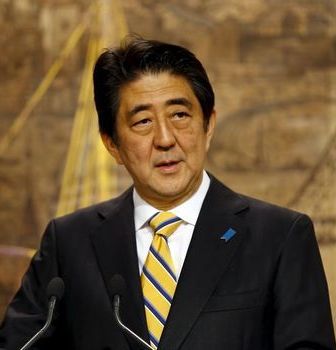On the slide: Japan falls back into recession for fifth time in seven years
Japan has fallen back into recession, prompting expectations of further support from the country’s government and central bank. Gross domestic product (GDP) fell by 0.2% in the third quarter of the year following a contraction over the previous three months, the Cabinet Office said. It cited a 1.2% fall in domestic demand between July and September - driven by businesses holding back on spending. Investment has been curtailed by worries about the economic slowdown across much of Asia that has placed pressure on policymakers to stimulate spending through interest rate cuts.
Abenomics’ first two arrows of monetary and fiscal stimulus were meant to buy time, but Japan failed to make progress with painful reforms needed to boost its growth potential.
Hiroshi Shiraishi, senior economist at BNP Paribas Securities
China slashed rates in October - the sixth such move in 11 months - with governments also facing pressure to act. At the G20 summit in Turkey, US treasury secretary Jack Lew urged Japan to offer fiscal support to its economy to bolster domestic demand. But the government in Tokyo is said to be reluctant to deploy massive fiscal stimulus due to constraints over its finances, with public debt running at twice the size of its economy. Prime minister Shinzo Abe - whose ‘Abenomics’ strategy has been largely aimed at lifting prices following decades of stagnation - has seemingly failed to persuade its industrialised economy to pay higher wages to help prop up consumption.
While there are risks such as overseas developments, we expect the economy to head toward a moderate recovery thanks to the effect of the various (stimulus) steps taken so far.
Economics Minister Akira Amari

Business Abenomics